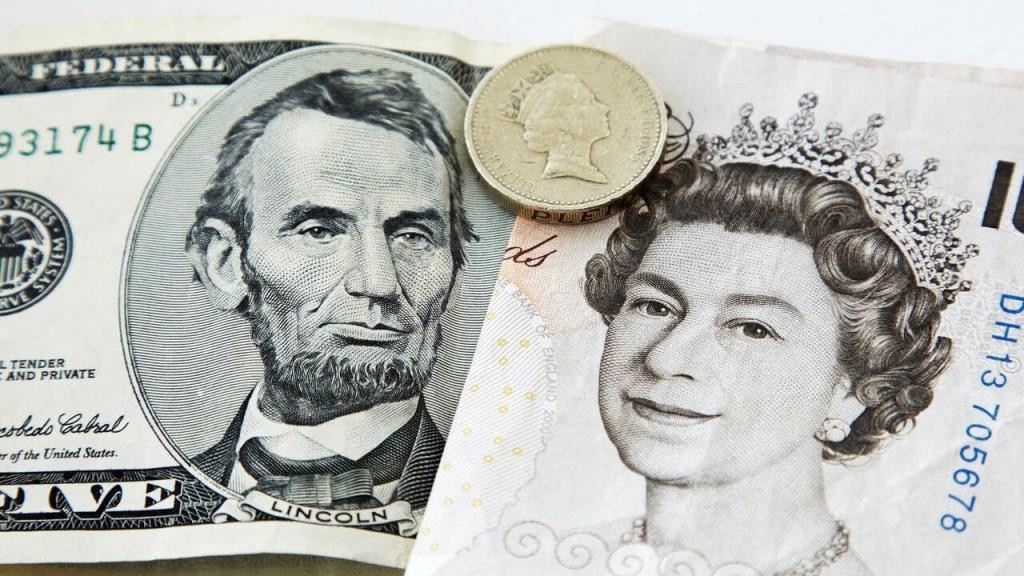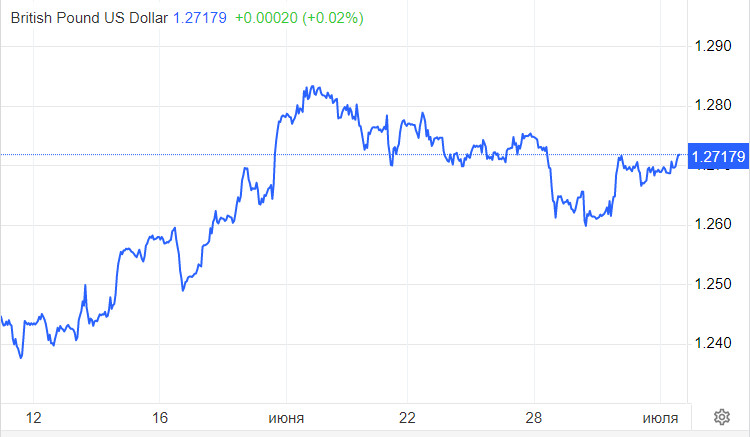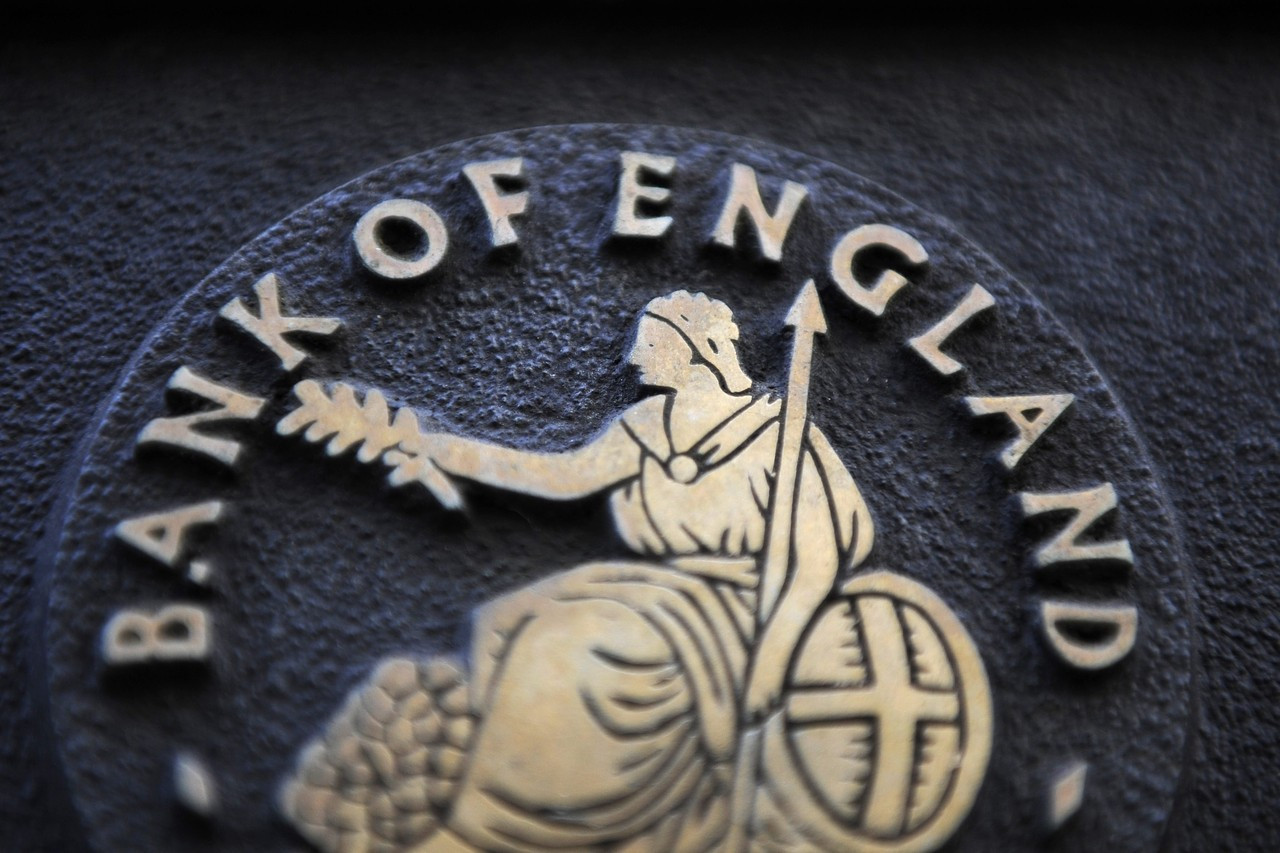
The first half of 2023 witnessed a decisive shift in the Bank of England's stance towards persistent inflation. The UK regulator took a more decisive approach, and banking analysts are now largely bullish on GBP. Is it the time to go long on the pound sterling?
As the second half of 2023 gets underway, GBP/USD's trading activity has been quite moderate, in line with other major currencies. However, industry experts believe that the pound stands to benefit from favorable interest rate differentials.
Nevertheless, some analysts have been cautious about the potential trajectory of the British currency.
Current high yields on British government bonds, despite mortgage refinancing difficulties, have attracted the attention of international investors. This has given support to the pound sterling. Barclays, in its short-term currency forecast, has emphasized the attractiveness of the pound sterling, highlighting its correlation to sustained demand and tight labor market conditions. On the other hand, NatWest Markets has struck a note of caution, citing the potential impact of rising mortgage rates on consumer health and the broader economic landscape.
"We think GBP should outperform as real rates need to move higher," Michael Cahill, FX analyst at Goldman Sachs said.
During the first half of 2023, the pound sterling demonstrated very strong performance against G10 currencies. This impressive upsurge was driven by better-than-anticipated UK data releases, and the Bank of England's interest rate hikes.
GBP/USD hit the high of 1.2848 before rebounding slightly, signaling a possible consolidation phase or the onset of a more substantial retracement.

Barclays is bullish on the pound sterling's short-term prospects. Their positive outlook stems from increased expectations of the Bank of England's key interest rate reaching 6%. This would consequently lead to increased yields on British bonds and attract additional investments.
A report by Deutsche Bank has highlighted an unexpected surge in demand for bonds from domestic retail investors, as people int the UK actively participate in financing government debt.
Moreover, international investors are becoming increasingly active, favoring UK bonds in carry trade operations, pushing up demand for the pound sterling.
There exists a consensus among market participants that elevated inflation levels and monetary tightening measures will provide support for GBP.
Is GBP's upward trajectory certain?
Analysts at NatWest Markets has advocated for a more cautious approach, stating that the pound sterling will only be supported by high interest rates if there is stable economic growth. Such a scenario is unlikely as GDP growth remains tepid.
This negative scenario is expected to occur in the second half of 2023.
"Sterling is expected to maintain a large yield premium over EUR for the next 3 years and have an ever-increasing premium over USD. The extent to which this supports the pound sterling will depend on the collateral damage it causes on the UK economy," Paul Robson, Head of G10 FX Strategy for EMEA at NatWest Markets said.
Recently, analysts have suggested going short on the pound, citing its potential vulnerability to an anticipated economic downturn driven by rising mortgage rates, which could pressure the financial situation of consumers.
In the meantime, strategists at Barclays argue that the UK's inflation woes are exacerbated by excessive demand in its economy.
Surveys carried out in June have shown an improvement in consumer confidence, with closely monitored data from GfK reflecting a fifth consecutive month of improvement. Additionally, Lloyds Bank's business barometer indicates business confidence has surged to a 14-month high in June.
Thus, higher rates are likely to amplify the pound sterling's existing carry advantage, even as the bar for further hawkish surprises relative to market pricing remains high. The final PMI data is set to be released this week.

Some analysts claim that the Bank of England will not raise interest rates as aggressively as expected, wary of triggering a financial crisis. Moreover, a recession is seen as an inevitable outcome. Is it worth going long on the pound sterling in such a situation?
The issue of inflation in the UK has led to a blame game. Economic issues have put the government and the central bank on a collision course.
In January, eyeing the upcoming general elections in 2024, UK Prime Minister Rishi Sunak pledged to halve inflation by the end of the year.
Back then, consumer price inflation stood at 10.1% year-over-year. Considering that most economists predicted this figure to naturally halve as the shock from the sharp rise in energy prices subsides, the promise seemed to be an attainable goal for Sunak's conservative government.
However, CPI remained unchanged at 8.7% in May compared to the previous month. Core inflation, which excludes volatile prices of energy, food, alcohol, and tobacco, rose to 7.1%, the highest level in 31 years.
Currently, the United Kingdom is the only major economy where inflation continues to rise.





















